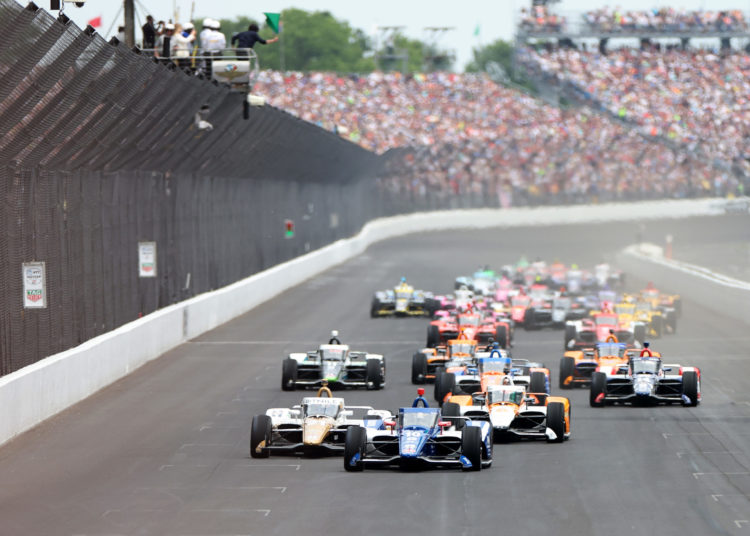are voting on Sunday in elections for lawmakers, governors, and other officials amid increased government repression and rising calls from the opposition to boycott the polls.
The vote marks the first major electoral event with broad voter eligibility since last year’s presidential election, which incumbent despite credible evidence of fraud.
What do we know about the Venezuela vote?
Nearly 21.4 million citizens are registered to vote in the 2025 parliamentary and regional elections.
The vote is for the seats of 285 deputies to the National Assembly, 24 state governors, and 260 regional legislators.
However, a recent nationwide poll conducted by Venezuela-based firm Delphos between April 29 and May 4 found that only 15.9% of respondents said they were very likely to vote.
Among that group, 74.2% said they would support candidates from Maduro’s United Socialist Party of Venezuela (PSUV) and its allies.
Just 13.8% favored candidates aligned with opposition figures who have opted not to boycott.
Why is the opposition calling for a boycott?
Venezuela’s main opposition, led by former MP and engineer , has been urging voters to boycott upcoming elections, calling them a “parody” designed to legitimize President Nicolas Maduro’s rule.
Just two days before the vote, Maduro’s government detained dozens of people, including a high-profile opposition leader, linking them to an alleged plot to disrupt the election. A close ally of Machado, Juan Pablo Guanipa, was charged with heading a “terrorist network” seeking to attack Sunday’s vote.
Machado’s faction says that participation gives credibility to Maduro’s assertion of power and his government’s repressive apparatus.
After the July 2024 presidential election, more than 2,000 people —including protesters, poll workers, political activists, and minors — were detained in a crackdown on dissent. At the time, numerous countries recognized opposition candidate .
A smaller opposition faction led by two-time presidential candidate Henrique Capriles has rejected the boycott, arguing that low turnout in past elections has only helped Maduro tighten control.
After the opposition won control of the National Assembly in 2015, Maduro responded by establishing a Constituent Assembly in 2017 that stripped the legislature of its powers.
Between then and 2020, Venezuela had two rival legislatures until the Constituent Assembly was dissolved. The National Assembly — now fully controlled by the ruling party — is once again the primary legislature.
The post Venezuelans head to polls as opposition urges boycott appeared first on Deutsche Welle.




